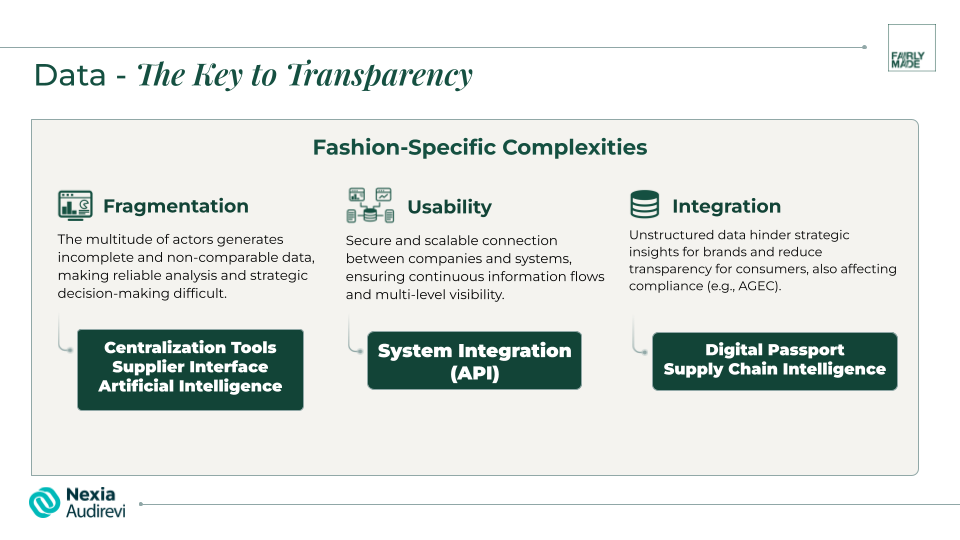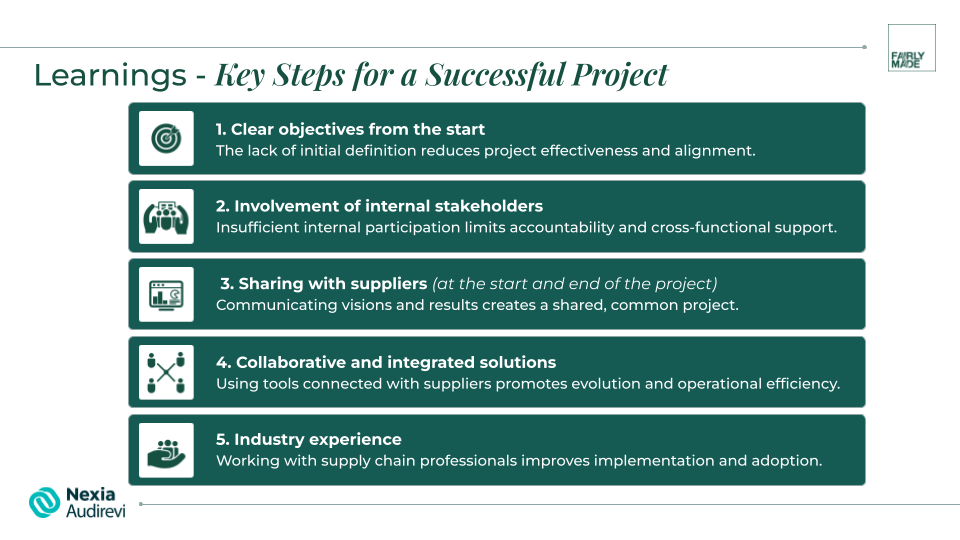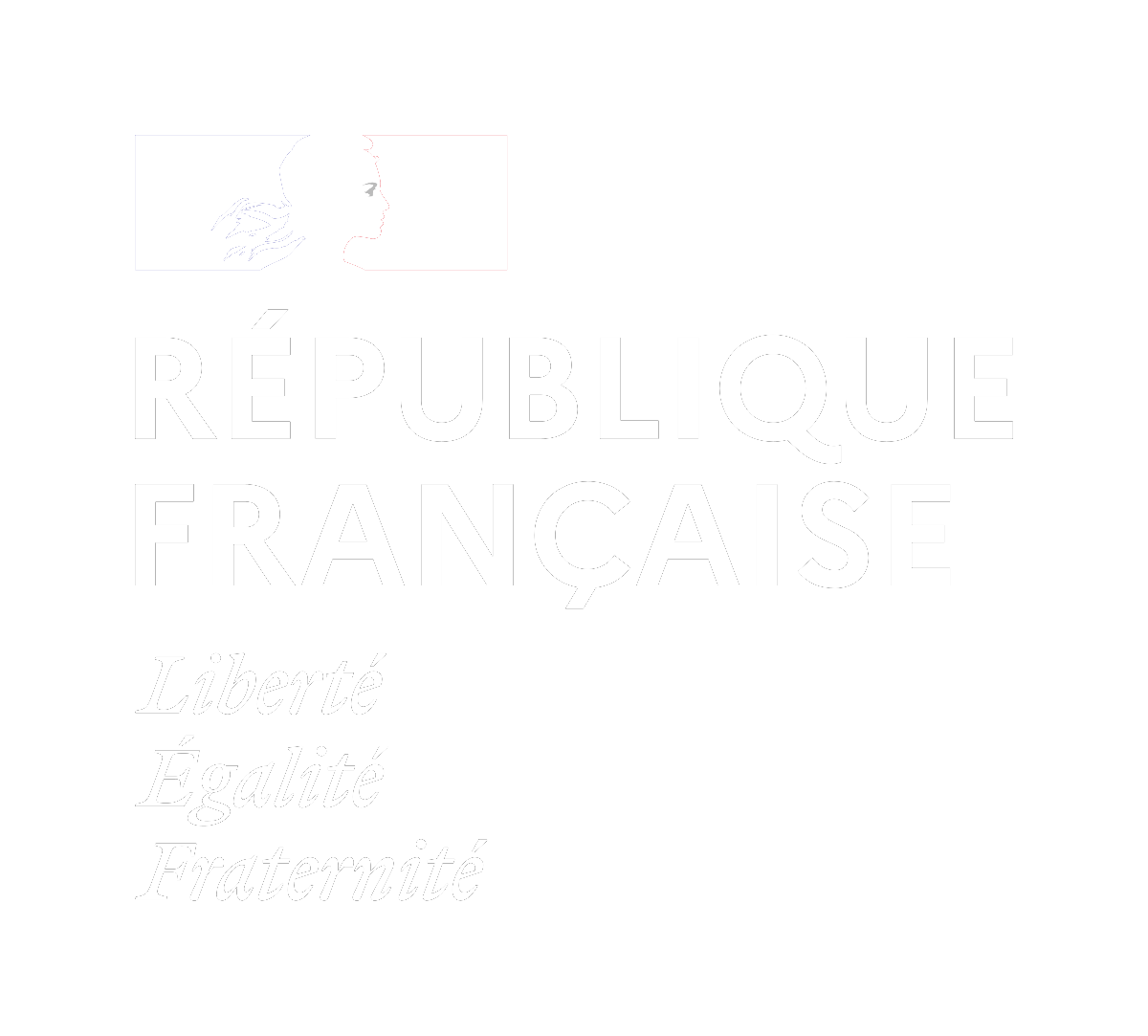Supplier Risk Management: The Italian Perspective on Sustainable Fashion Supply Chains

In today’s fashion industry, sustainability is no longer an optional goal: it has become a strategic necessity. At the forefront of this transformation is supplier risk management, a critical discipline that allows brands to navigate complex supply chains while maintaining transparency and traceability. Recently, Fairly Made and Nexia Audirevi co-organized an influential panel in Florence, exploring the Italian perspective on sustainable supply chain practices and offering valuable insights into the future of responsible fashion.
Understanding Supplier Risk in Italian Fashion
The fashion sector faces unique challenges when it comes to managing supplier risk. Its supply chain is highly fragmented, composed of thousands of suppliers of varying sizes, often operating under diverse regulatory frameworks. According to Nexia Audirevi, small suppliers are particularly prone to non-compliance: 80% of supply chain non-conformities occur among smaller suppliers, while larger firms tend to have structured risk management processes and dedicated compliance teams.
This complexity makes traditional decision-making approaches inadequate. Brands must adopt advanced risk management strategies, integrating real-time data collection, digital monitoring, and supplier engagement programs to proactively mitigate risks before they escalate.
From Compliance to Strategic Advantage
The panel emphasized that the next five years will be crucial for consolidating supplier bases, standardizing key performance indicators (KPIs), and establishing long-term, value-driven partnerships. These strategies allow brands to turn sustainability into a strategic asset rather than just a compliance obligation.
By tracking supplier performance and measuring impact through standardized metrics, companies can identify risks early and prioritize collaborations with suppliers who align with ESG objectives. This approach ensures not only regulatory adherence but also operational efficiency, cost savings, and enhanced brand reputation.
Technology as a Key Enabler
Digitalization is a game-changer in supplier risk management. Fairly Made has integrated over 25,000 suppliers into its network, working with more than 100 companies and tracking entire annual collections. Our analysis reaches Tier 5 suppliers in 60% of cases, demonstrating how technology enables brands to gain deep insights into complex supply networks.
Tools such as system integration via APIs, artificial intelligence, and centralized data platforms help harmonize supplier information, making it easier to identify potential risks and optimize decision-making. By combining digital monitoring with traditional auditing, brands can achieve a holistic view of supplier risk, ensuring that every tier of the supply chain is managed effectively.

Collaboration and Supplier Engagement
Technology alone is not enough. The panel highlighted that engaged and well-managed suppliers are essential for risk reduction. Brands that maintain ongoing dialogue, share objectives, and foster collaborative relationships can significantly mitigate social and environmental risks. Structured projects with clear goals, stakeholder involvement, and coordinated supplier management create the foundation for transparent and resilient supply chains.
This collaborative approach not only enhances data quality but also strengthens trust across the supply chain. Italian brands that invest in supplier engagement are better positioned to anticipate disruptions, reduce operational risks, and build long-lasting partnerships that support sustainable growth.
Transparency as a Competitive Advantage
A transparent supply chain is not only more resilient but also a competitive differentiator. By accessing reliable, harmonized data, brands can optimize processes, reduce inefficiencies, and reinforce supplier relationships. Moreover, transparency enhances ESG performance, increases consumer trust, and strengthens overall brand reputation.
The Florence panel underscored that supplier risk management and sustainability are intrinsically linked: the more transparent and traceable a supply chain, the more effectively brands can manage risk while delivering products that meet ethical and environmental standards.

Learnings in Strategic Risk Management
Italy’s approach to supplier risk emphasizes the synergy between technology and auditing. While digital tools provide visibility and data-driven insights, audits offer verification and ensure compliance, creating a balanced framework for proactive risk management.
By combining these methods, Italian fashion brands can lead the way in creating supply chains that are sustainable, resilient, and competitive. The panel demonstrates that supplier risk is not merely a threat to be mitigated but an opportunity to strengthen business operations, improve ESG outcomes, and enhance consumer confidence.


%20(5).png)



.png)

.svg)